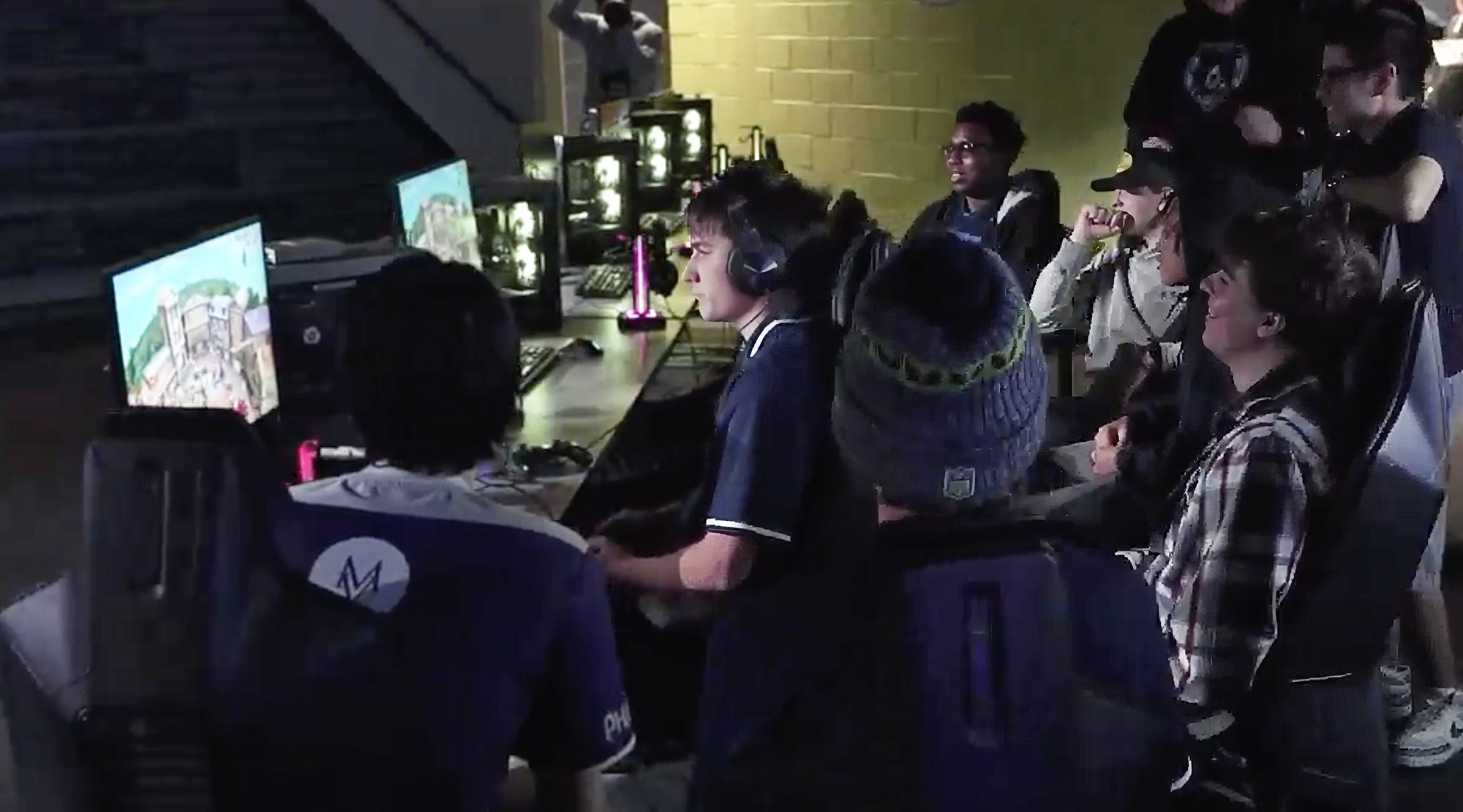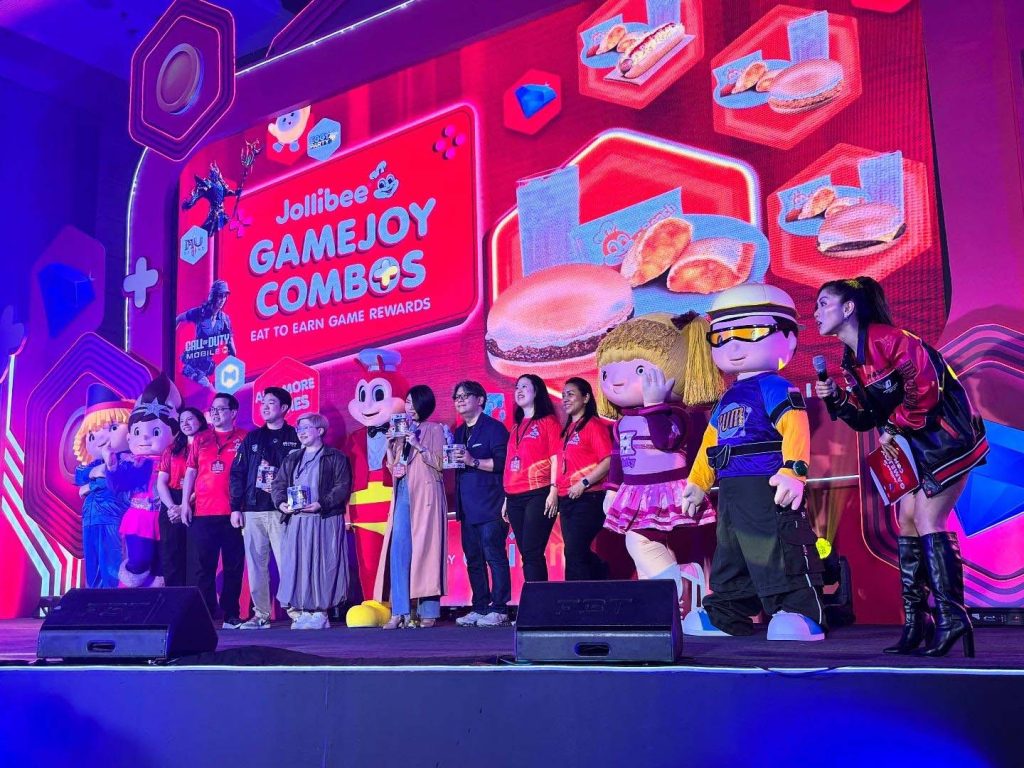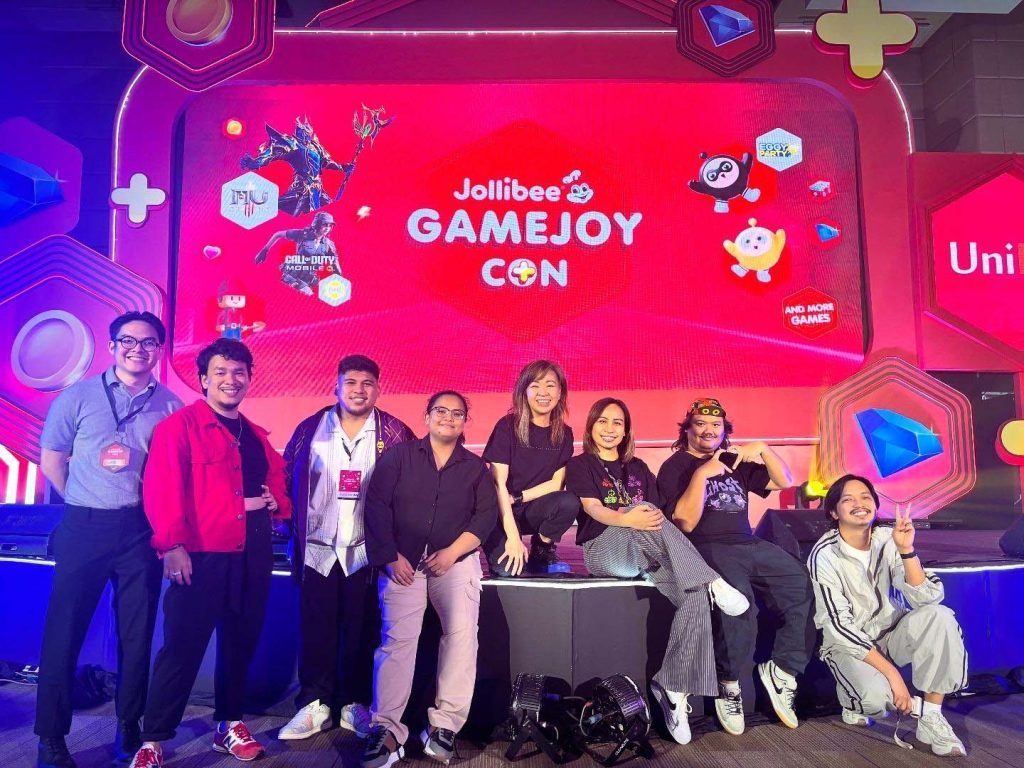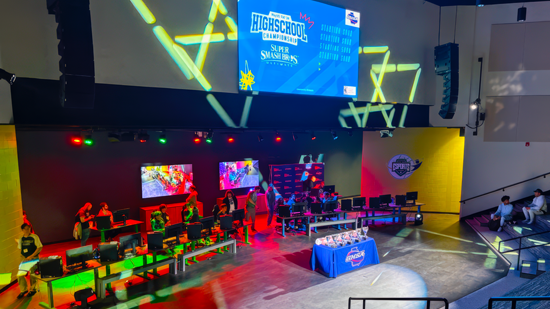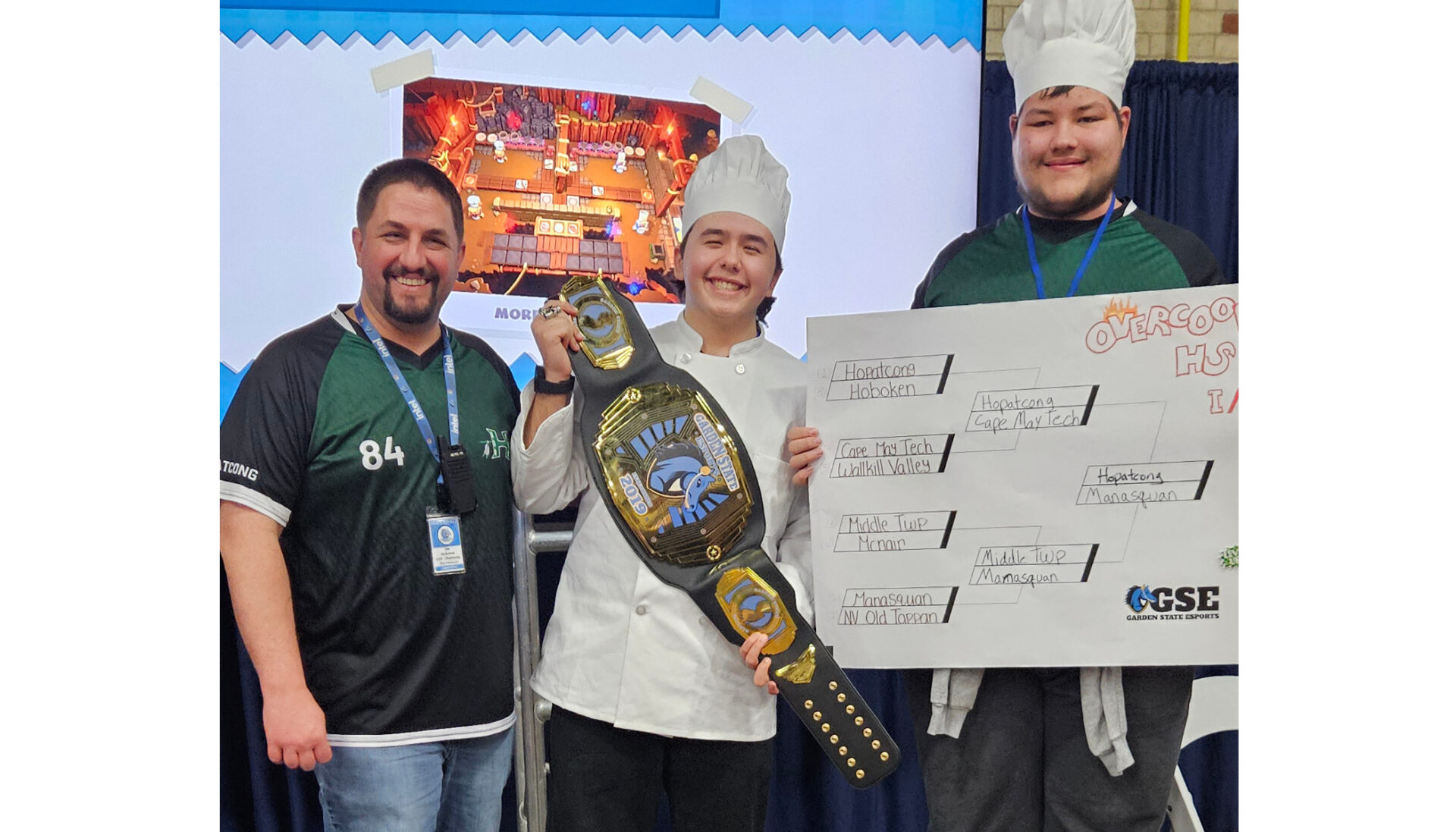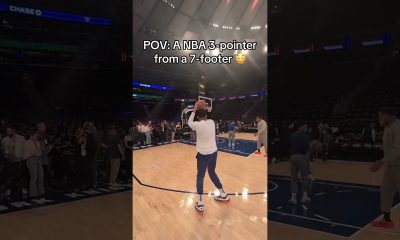By Kathryn Coulibaly
Video gamers are used to playing in the shadow of other high school sports, but that is changing in high schools across the country. Hopatcong High School’s esports program is not only leading the way, it is dominating the field.
In March, Hopatcong High School’s esports team won a state championship for the third straight year at the Garden State Esports Winter Championship event, held at Georgian Court University.
Esports, or electronic sports, are organized competitive video game competitions that are treated with all the electricity and fanfare of professional sporting events.
Led by Jim McKowen, a computer science teacher and esports coach at Hopatcong High School, as well as the vice president of Programs and Partnerships for Garden State Esports, the Hopatcong esports team is attracting more and more students who have typically felt left out of extracurricular activities.
“Anyone can participate in Esports,” McKowen says. “Garden State Esports has a unified league for students with special needs. The unified program plays asynchronous games, so all students are able to participate with each other.”
McKowen has seen esports attract students who are typically left behind. A member of the leadership team at Garden State Esports, a nonprofit scholastic esports league founded by dues-paying educators during the pandemic to help students stay connected, McKowen and his colleagues are committed to building a diverse and inclusive environment in the sport.
“The students who traditionally don’t do any extracurricular activities are joining esports and making new friends,” McKowen says. “They’re getting the social experience that other students get. We give out student surveys at the end of the season. Students who usually don’t do anything at school have made at least one new friend as a result.”
For McKowen, Esports are a great way to connect students.
“Esports really took off during the pandemic,” McKowen says. “This was one of the few clubs that we could run remotely. Hopatcong’s program started while I was teaching at the middle school, but really expanded when I moved to the high school to teach computer science.”
While video gaming is not always as inclusive as it should be, Garden State Esports is focused on inclusion and equity. As a result of their efforts, there is an overwhelming population of female, nonbinary and transgender students participating at all levels.
Soft skills that prepare students for any environment
But the goal is not only to connect students, it’s also to teach them a variety of skills that will serve them well in every environment.
Students learn a lot of ‘soft’ skills by participating in sports,” McKowen says. “Things like teamwork, communication and leadership. Our students are getting all of those, plus career and technical education tie-ins.”
McKowen has students who are interested in journalism who are broadcasting the competitions live on YouTube, Twitch and other platforms. One Garden State Esports team member is a semiprofessional esports broadcaster who just started a program with students who are interested in broadcast journalism. The students get a chance to broadcast at the finals.
Some students are interested in videography or making highlight videos for the team that are uploaded to TikTok and YouTube.
Those students who are interested in the statistical and analytical part of the program critically examine the game play footage and dissect what went well and how to improve.
While there are many adult-themed video games, student esports games are age- and school-appropriate.
“Garden State Esports gives member schools the flexibility to compete in whatever their individual district is comfortable with,” McKowen says. “We have E for everyone, T for teen range, and games like Overwatch, Valorant, Fortnite and League of Legends.”
According to Garden State Esports, they are currently in about 48% of New Jersey school districts. More than 350 schools are participating across 259 school districts. All told, more than 14,000 New Jersey students are participating in some way.
Enhancing the high school experience
The competitions are held on college campuses, providing students with an opportunity to see what college is like. College esports students also participate and partner with younger students to talk to them. Some students have even won college scholarships through esports.
The atmosphere at in-person championship events is intense. Students play on a stage, in a spotlight and get rock star treatment. In 2023, Hopatcong filmed a video showing esports students striding confidently through the halls of their high school to fan appreciation. The video went viral on TikTok.
Enhancing students’ high school experiences is an important part of the program. Forty-two percent of students did nothing at their school before joining esports. Ninety-seven percent made at least one new friend through the program and 72% say being part of esports motivates them to come to school.
At the same time, esports is preparing students for college and the workforce. According to Garden State Esports, 89% of participants report that their team’s academic requirements motivate them to work harder in school. Sixty-eight percent want to attend college in New Jersey, and 57% of participants plan to major in STEM fields when they do.
“Esports is helping students find a community they may not have had before,” McKowen says. “We want to continue to foster self-esteem, strengthen connection with others and build skills that will serve students in and out of the workforce. The championships are fantastic, but the biggest impact is seeing students thrive.”
Kathryn Coulibaly is the associate editor of the NJEA Review and provides content and support to njea.org. She can be reached at kcoulibaly@njea.org.
Garden State Esports
Garden State Esports exploded onto the scene in 2020 and their ambitious agenda has led to massive growth and enthusiasm across the state. The organization is currently working to build legislative support and circulate curricula. Everyone on the leadership team at Garden State Esports is, or was, an educator, so they understand how to work with schools.
Working with NJEA representatives, they are putting out guidance for schools to fairly compensate esports coaches. At the same time, they are working to get New Jersey Department of Education approval as a career and technical student organization (CTSO). By getting that designation, they will be able to provide greater opportunities for students.
With a partnership with Epic Games to teach video game design classes, and Netflix building a facility in New Jersey at the former Fort Monmouth Army base in Eatontown and Oceanport, the stage is set for New Jersey Esports students to launch into careers in gaming.
But to get their programs recognized and a certificate for completing them, they need to have recognition as a CTSO.
Garden State Esports is the largest scholastic Esports organization in the country and is leading the way on many fronts. Other states are following New Jersey’s lead and creating more gaming opportunities for students.
